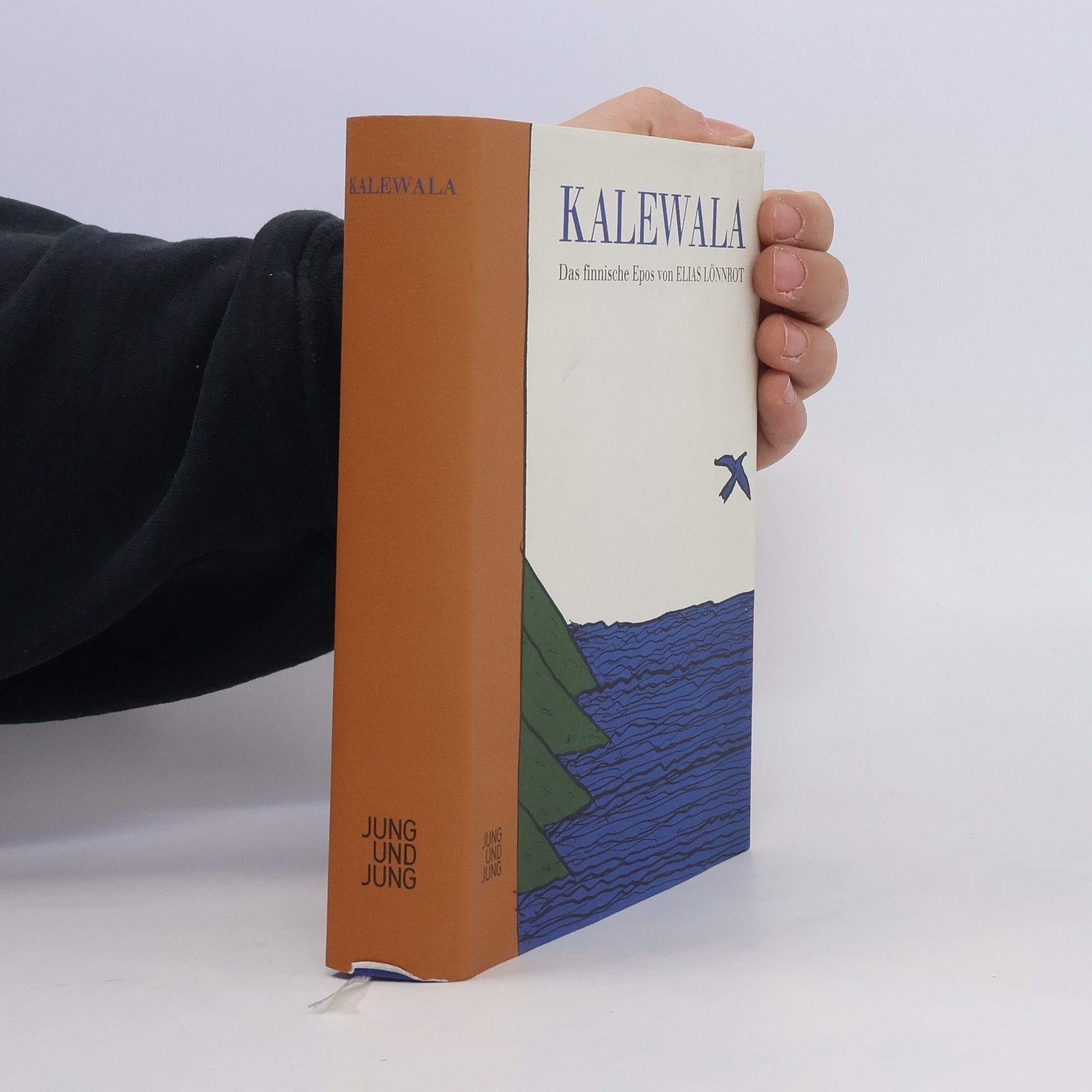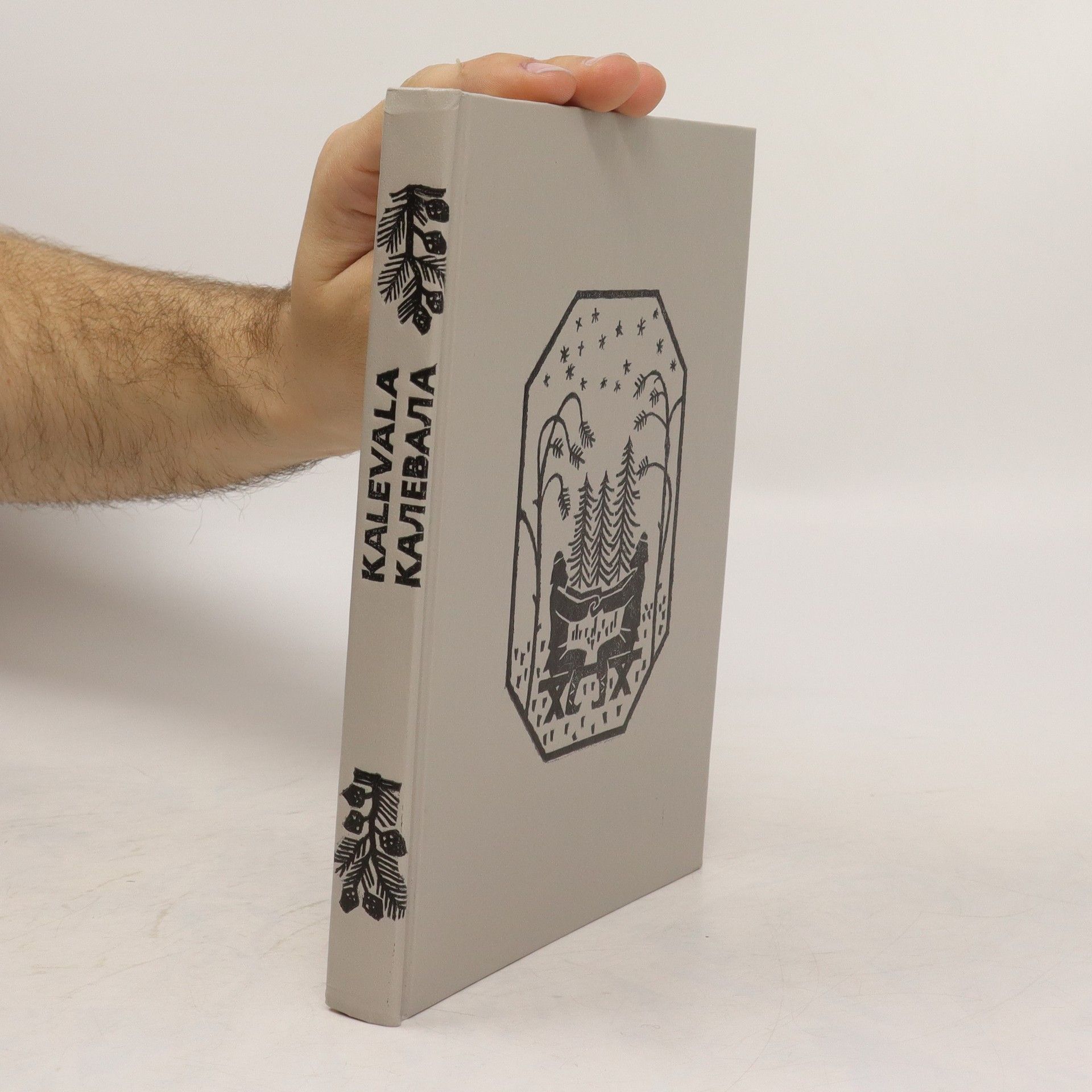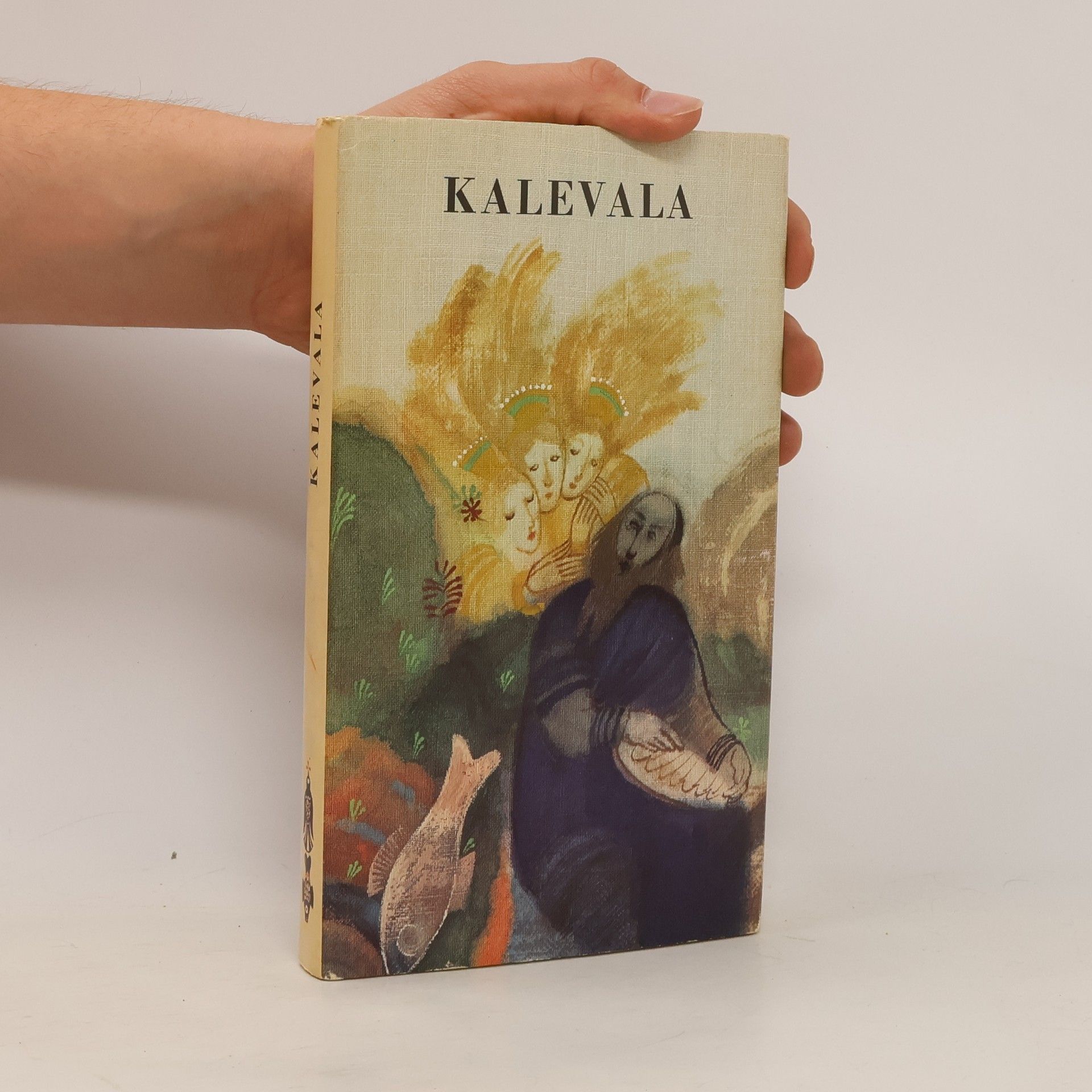This publication focuses on reproducing historical works in large print, catering specifically to individuals with impaired vision. By prioritizing accessibility, it aims to enhance the reading experience for those who might struggle with standard text sizes, showcasing the commitment of the Megali publishing house to inclusivity and the preservation of historical literature.
Elias Lönnrot Book order (chronological)
Elias Lönnrot was a Finnish philologist and collector of traditional Finnish oral poetry, best known for composing the Kalevala, the Finnish national epic compiled from national folklore. His true passion lay in his native Finnish language, and through extensive tours of the countryside of Finland, Lapland, and Russian Karelia, he gathered folk tales and oral traditions. Lönnrot's collecting efforts resulted in a series of influential publications that captured the essence of Finnish folk literature. Recognized for his role in preserving Finland's oral traditions, he was appointed to the Chair of Finnish Literature at the University of Helsinki, cementing his lasting legacy in the literary world.

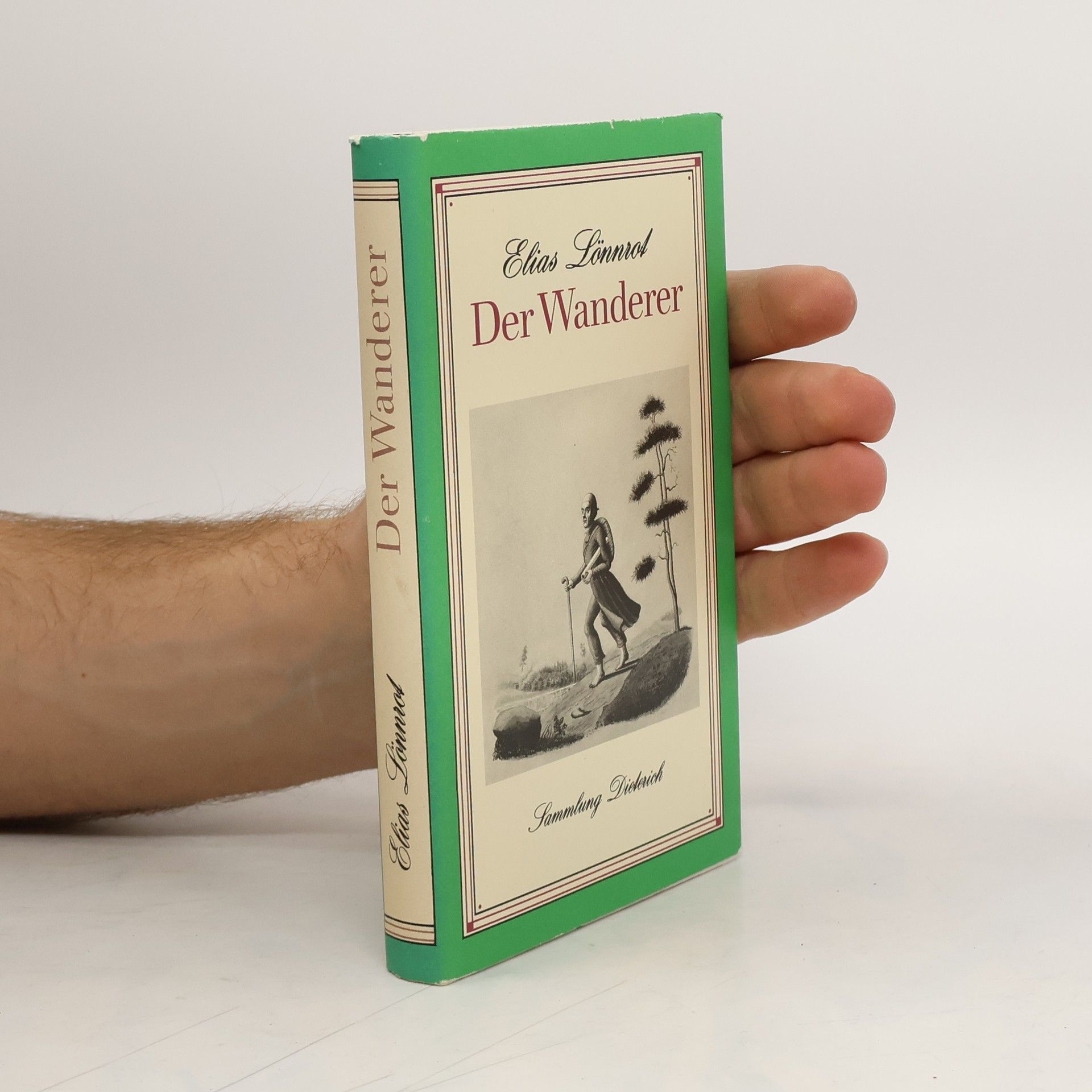



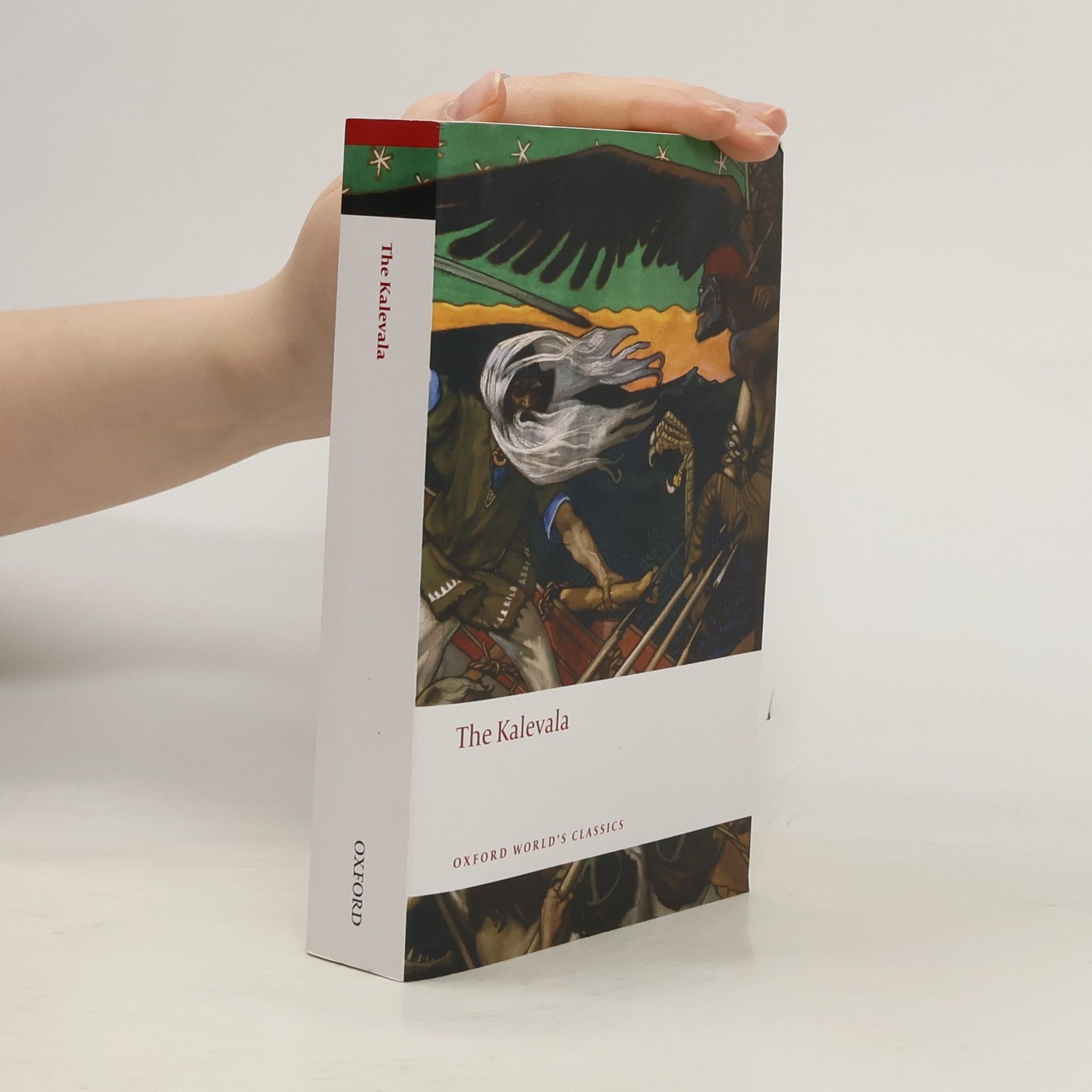

The publishing house Megali focuses on making historical works accessible by producing them in large print, catering specifically to individuals with impaired vision. This initiative aims to enhance the reading experience for those who may struggle with standard text sizes, ensuring that important historical literature remains available to a wider audience.
The book is a reproduction of a historical work, published by Megali, which specializes in creating large print editions. This initiative aims to enhance accessibility for individuals with impaired vision, ensuring that important texts can be enjoyed by a wider audience.
Kalewala
- 486 pages
- 18 hours of reading
Das Kalevala ist das in seiner endgültigen Gestalt 1849 erschienene finnische Nationalepos. Es ist eine Schöpfung des Elias Lönnrot, der in jahrelanger Sammeltätigkeit alte Lieder, Liedfragmente und Sprüche zusammentrug und zu einem großen Fresko der mythischen Frühzeit Finnlands zusammenfügte. Diese Ausgabe bietet den vollständigen Text in einer Übersetzung direkt aus dem Finnischen, dazu Inhaltsübersichten und einen ausführlichen Kommentar.
The Kalevala : an epic poem after oral tradition
- 736 pages
- 26 hours of reading
The Kalevala is the great Finnish epic, which like the Iliad and the Odyssey, grew out of a rich oral tradition with prehistoric roots.During the first millenium of our era, speakers of Uralic languages (those outside the Indo-European group) who had settled in the Baltic region of Karelia, that straddles the border of eastern Finland and north-west Russia, developed an oral poetry that was to last into the nineteenth century.This poetry provided the basis of the Kalevala. It was assembled in the 1840s by the Finnish scholar Elias L"onnrot, who took `dictation' from the performance of a folk singer, in much the same way as our great collections from the past, from Homeric poems to medieval songs and epics, have probably been set down.Published in 1849, it played a central role in the march towards Finnish independence and inspired some of Sibelius's greatest works. This new and exciting translation by poet Keith Bosley, prize-winning translator of the anthology Finnish Folk Poetry: Epic, is the first truly to combine liveliness with accuracy in a way which reflects the richness of the original.
Калевала. Kalevala
- 270 pages
- 10 hours of reading
Der Wanderer oder Erinnerungen an eine Reise zu Fuss durch Häme, Savo und Karelien anno 1828
- 231 pages
- 9 hours of reading
Der Bericht Elias Lönnrots, des legendären Sammlers und Nachdichters des "Kalevala", über seine Fußreise durch die finnischen Regionen Häme, Savo und Karelien im Jahre 1828 ist ein erster Glanzpunkt der neueren finnischen Literatur und eine wahre Fundgrube für jeden kulturgeschichtlich und geographisch Interessierten. Diese Zusammenschau finnischen Volkslebens und Brauchtums wird hier estmals dem deutschen Lesen in einer Übertragung erschlossen, die die Konkretheit und die Poesie des Originals aufs trefflichste zu bewahren weiß. Mit 8 zeitgenössischen Abbildungen
The Kalevala
- 679 pages
- 24 hours of reading
The Kalevala, a Finnish epic on the scale of the Iliad and the Odyssey, presents a rare portrait of an ancient people in both peace and at war. It played a central role in the march towards Finnish independence and inspired some of Sibelius's greatest works. This new translation, by a poet and prize-winning translator of Finnish poetry, is a powerful and faithful reflection of a classic of European literature.
